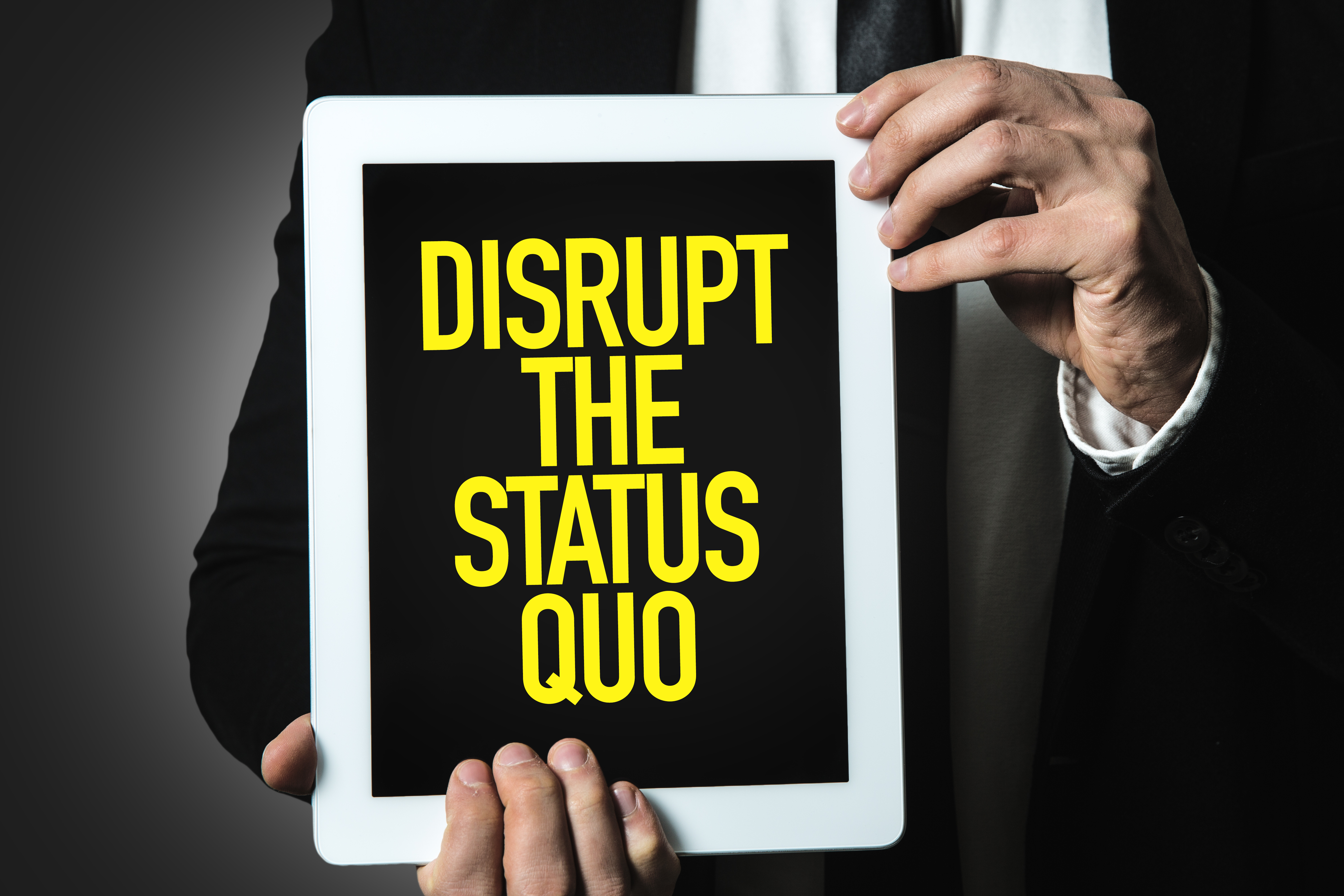As salespeople, we lose - a lot.
Like a baseball player, if we are winning 30% of the time, we are living like rockstars.
The interesting thing is that most of the reps that I know don’t realize who they are losing against.
Spoiler alert - it isn’t your biggest competitor.
It isn’t two guys in a garage eating Raman shooting Nerf guns at each other either.
In sales your biggest competitor is the Status Quo.
Before every discovery call, the Status Quo has already been there whispering in everyone’s ear - “why are we having this meeting again?”
After every demo call, the Status Quo was part of the closed-door discussion - “will this really help us?”
Even when prospects are ready to commit, the Status Quo fights us up the last moment - “are these terms & conditions really in our best interest?”
The Status Quo is your constant, unrelenting, untiring competitor.
I recently read “Smash the Funnel” by Eric Keiles & Mike Lieberman. While it doesn’t directly address the issue of how to defeat this most fearsome of foes, they do identify a couple of key areas sales teams can do to break down the Status Quo’s most trusted allies; fear, uncertainty, and doubt.
Step one: Understand that your prospects are not moving linearly down a sales funnel.
In “Smash the Funnel,” the authors argue that buyers today are more distracted than ever before. These distracted buyers are bombarded with messaging and information from every part of the sales process.
We’ve all encountered a prospect ready to commit that sudden uncovers new information making them rethink their entire solution process.
Compounding this issue is the typical B2B decision-making process requiring sign off from upwards of six individuals. This makes getting companies to commit to anything other than what they’ve always done, very, very hard.
Step two: Be remarkable.
Another aspect that makes the Status Quo stand out is the unremarkable way that similar products differentiate themselves.
As much as you think you are different from your competitors, how often do your prospects bring up the price as a key differentiator?
Guess what, when you and your competitor are trying to race to the lowest price, Status Quo is sitting at free. If not free, already baked into the cost of doing business.
The authors of “Smash the Funnel” advocate being remarkable. Offer remarkable differentiators that your prospect will value depending on where in the buying process they might be.
If they download a general overview, top of funnel content, provide them with a five dollar gift card from Starbucks to keep them awake while they read that boring stuff.
If they start a free trial, offer a fifteen-minute support consult to make sure they can get set up right.
In other words, put in the effort to make your prospect take notice that there is a difference between the Status Quo and your offering.
Step 3: Make it a big deal when your prospect becomes a customer
Every sales rep I know pays lip service to referral business.
Most sales reps treat getting referral business like taking the last piece of pizza - sure they want it, but they feel really awkward about taking it when everyone is looking.
The best and easiest way of gaining referral business is to make a big deal about the purchase.
Often when an organization makes a purchase the sales reps disappears, the customer success rep begrudgingly sets ups the first deployment call, and it is up to the prospect, now customer, to bring up any issues or problems they encounter.
Why? Because we all know the more proactive service we provide a customer, the lower the profit margin. This is also why loud customer gets the best service.
What’s more fun and easy? Solving a problem and making an unhappy customer a happy customer, or figuring out how to have a decent conversation and work at uncovering problems?
Organizations that make purchases a big deal for the customer have an easier time establishing meaningful post-sales relationships with their customers.
These deeper relationships ensures that customers and customer success reps are in better contact and thus CS reps can uncover issues before they become full-blown fire drills. Also, the more a CS rep is talking to their customer, the greater the chance the customer will mention them to a colleague or friend that also needs the service or product.
Organizations that proactively solve problems have lower customer churn rate and are considered the Status Quo by their customers.
...and if your product is the Status Quo how hard is it for your competitors to unseat you?

